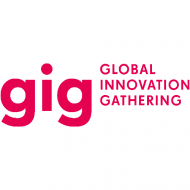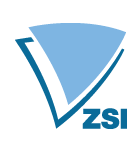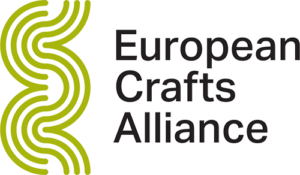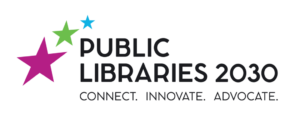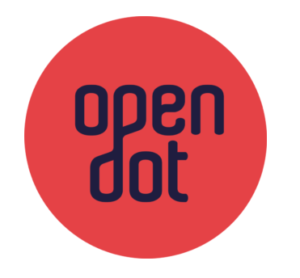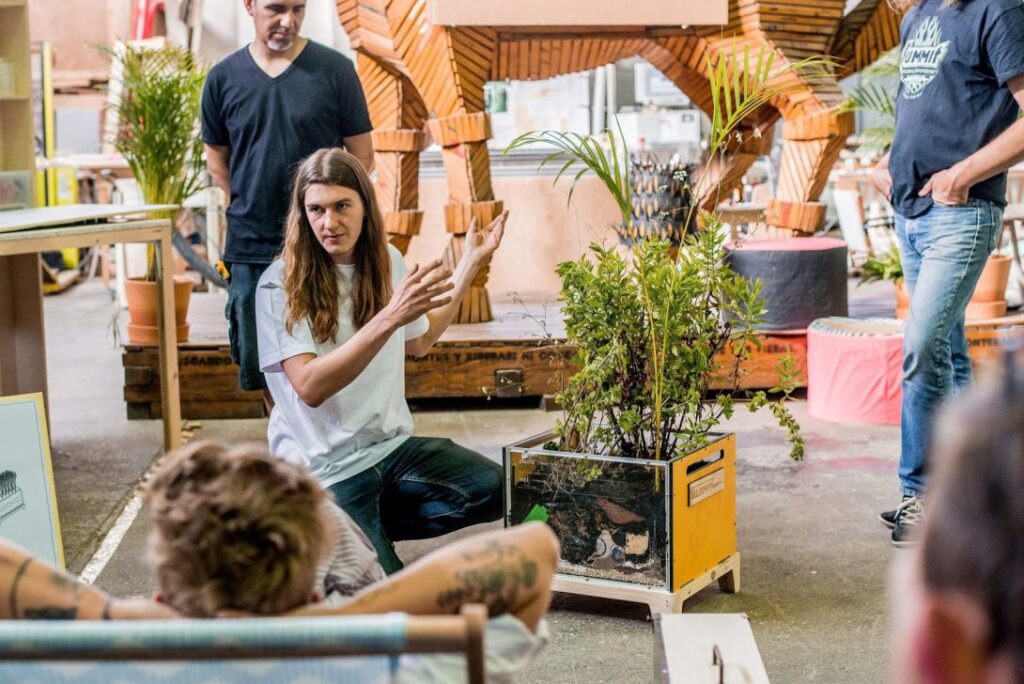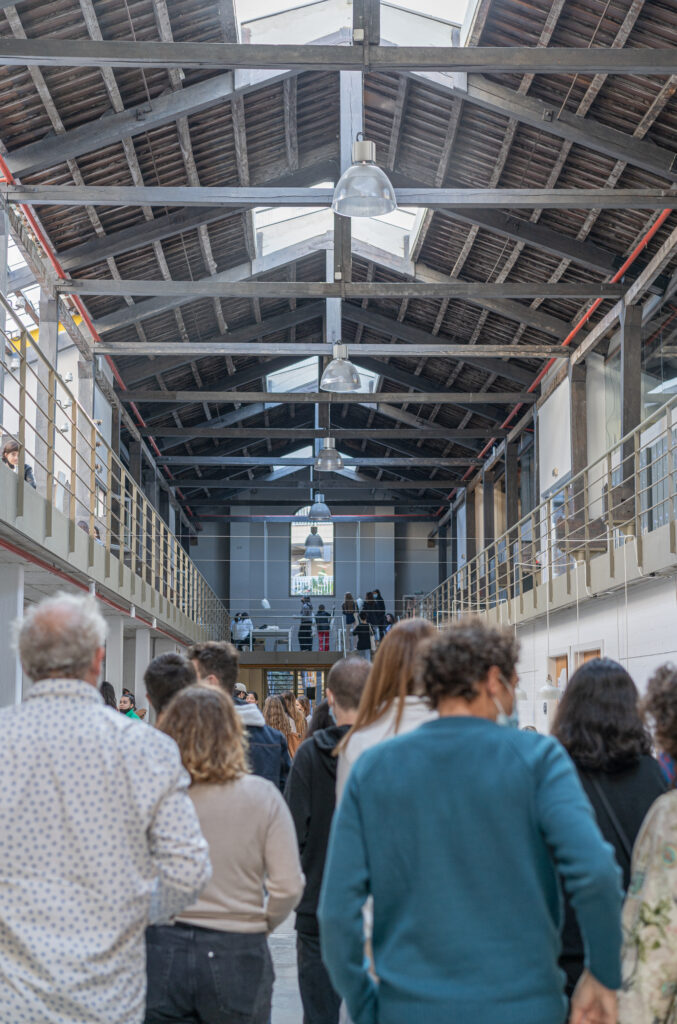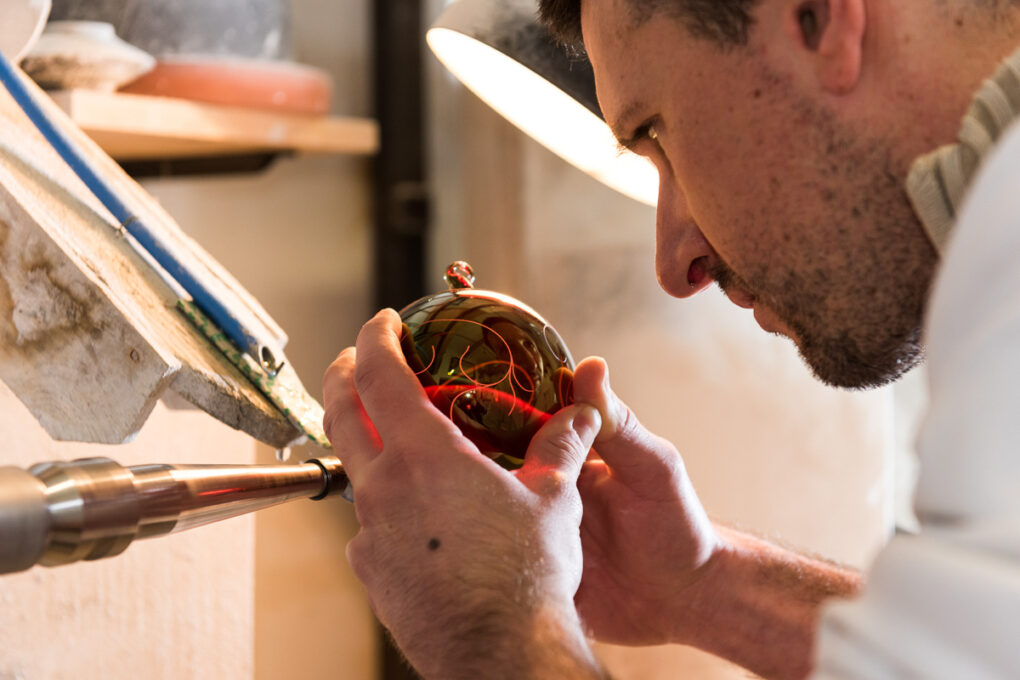
Make-a-Thek
Empowering communities through modular makerspaces for sustainable fashion and crafts in public libraries
About Make-a-Thek
Make-a-thek aims to create modular and replicable makerspaces in public libraries, focusing on innovative and circular approaches to fashion and crafts. The project involves extensive mapping and co-creation with communities to develop a resource toolkit and open educational resources tailored for these makerspaces.
Outputs
One of the primary outputs is the creation of a comprehensive resource toolkit designed for modular makerspaces in public libraries. This toolkit will encompass a range of open educational resources tailored to facilitate the implementation and operation of these makerspaces, making them accessible to diverse communities. Additionally, the project will generate a series of reports and guidelines based on extensive mapping and co-creation processes. These documents will include assessments of the specific needs of crafters and fashion designers, as well as an overview of existing technologies that support circular practices in these fields. By synthesizing the findings from co-creation sessions and stakeholder engagements, the project will develop actionable recommendations that guide the establishment and functioning of makerspaces, ensuring they align with local needs and sustainability goals. Furthermore, the project aims to foster a vibrant exchange of knowledge and skills among participants through various community activities, multiplier events, and mobility schemes. These initiatives will not only promote the sharing of traditional craft techniques but also encourage the integration of innovative, circular practices into everyday creative processes.
Outcomes
The project develops a comprehensive resource toolkit designed to enhance modular makerspaces in public libraries. This toolkit includes valuable open educational resources that empower users to explore and innovate within their communities. The project creates detailed reports that assess the needs of crafters and fashion designers, along with guidelines for establishing effective makerspaces. These initiatives promote increased participation and collaboration, transforming libraries into vibrant creative hubs within local communities. Additionally, Make-a-TeK facilitates knowledge exchange programs and mobility schemes that allow participants to share craft techniques and circular practices, fostering a culture of collaboration and learning. By promoting traditional craft techniques alongside modern digital fabrication methods, the project encourages a blend of innovation and heritage. Participants gain new skills and knowledge related to sustainable and circular practices in fashion and crafts, leading to the adoption of circular design principles.
Impacts
Firstly, the project aims to enhance community engagement by establishing public libraries as active hubs for creativity and collaboration. By creating modular makerspaces, it democratizes access to innovative resources, enabling diverse groups to participate in crafting and design activities. This fosters a sense of collective ownership and belonging within the community, encouraging individuals to engage more deeply with their local cultural heritage. Secondly, the project will contribute to the preservation and revitalization of heritage crafts. By integrating traditional techniques with modern digital fabrication methods, it creates pathways for artisans and crafters to share their skills and knowledge. This not only helps in maintaining cultural practices but also encourages intergenerational learning, where younger generations can connect with their heritage through contemporary practices. Another significant impact is the promotion of circularity and sustainability in the fashion and craft sectors. The project emphasizes the importance of circular design principles, encouraging practitioners to adopt more sustainable practices. By developing a framework for scaling and embedding these practices, the project aims to influence other cultural and creative sectors, creating a ripple effect that encourages wider adoption of sustainable practices across Europe and beyond. This comprehensive approach not only addresses local needs but also contributes to broader societal goals, such as the green transition and the promotion of inclusivity in the creative industries.
Type of Project
Horizon Europe
Project Duration
2025-2027

